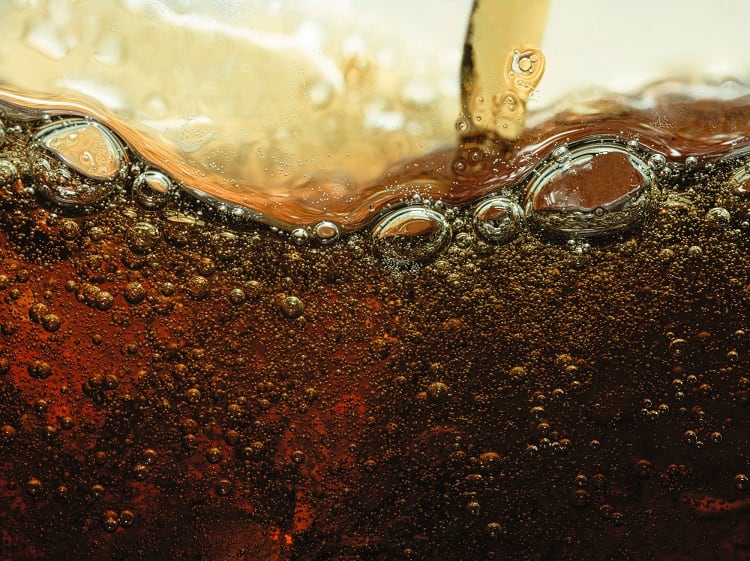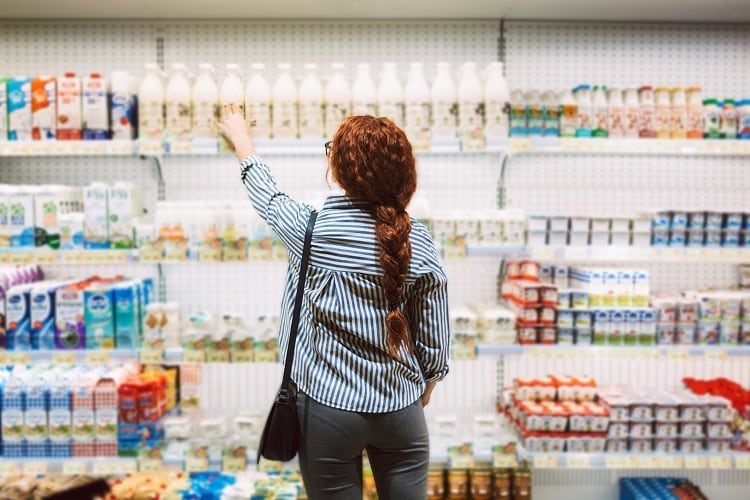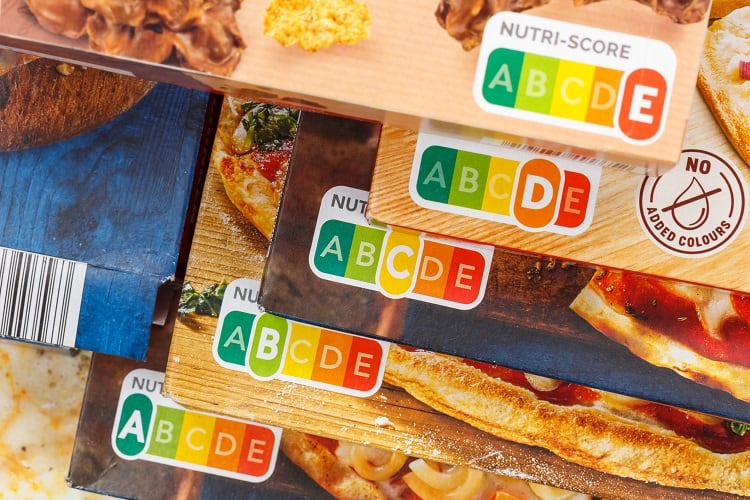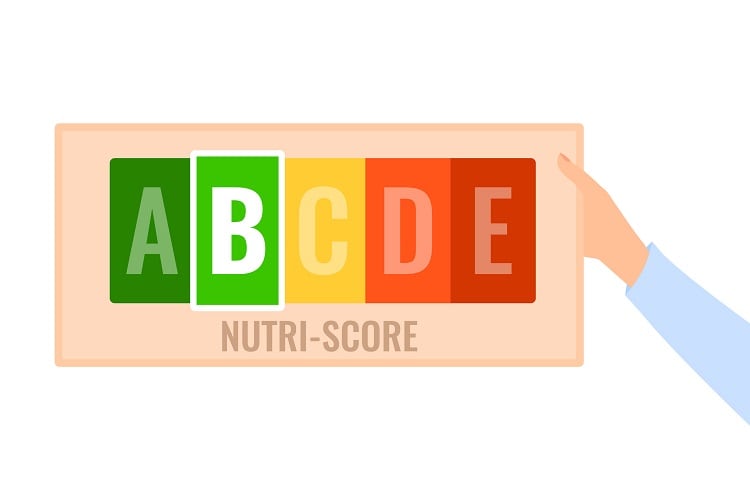A beverage algorithm update has been unveiled by the International Steering Committee on Nutri-Score, which has implications for soft drinks.
While Nutri-Score’s classification of high-sugar beverages remain unchanged, the algorithm lowers the classification of beverages with non-nutritive sweeteners (NNS) such as soft drinks.
Trade association UNESDA Soft Drinks Europe has spoken out against the algorithm update and is calling for ‘slight adjustments’ to be made, which it believes will better incentivise producers to reformulate or innovative with new lower sugar-containing soft drinks.
Algorithm update yields ‘negative points’ for non-nutritive sweeteners
Nutrition labelling scheme Nutri-Score was developed in France in 2017. Its algorithm ranks food from -15 for the ‘healthiest’ products to +40 for those that are ‘less healthy’. Based on this score, the product receives a letter with a corresponding code: from dark green (A) to dark orange (E).
Last year, an algorithm update was adopted for the front-of-pack nutrition labelling scheme which focused on general food. This latest beverage-focused update – similarly recommended by representatives from Belgium, France, Germany, Luxembourg, the Netherlands, Spain and Switzerland – was adopted 30 March 2023.
Now, the algorithm includes a specific component for the use of NNS, which will yield ‘negative points’. The Committee believes this modification will allow for better alignment between the classification of Nutri-Score and public health recommendations regarding NNS.
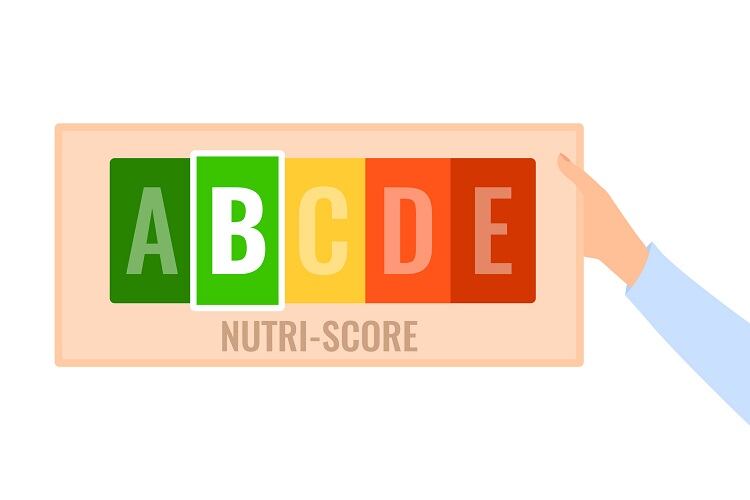
The NNS category – so-called because they offer no nutritional benefits such as vitamins and minerals – includes well-known sweeteners allulose (not approved in Europe) aspartame, sucralose, stevia, and monk fruit. They may be low in calories or have no calories at all.
NNS are many times sweeter than sugar. Just 5g of steviol glycosides (extracted from the stevia plant) for example provides the sweetness equivalent of 1,000g sugar, because it is perceived to be 250 times sweeter.
According to the latest algorithm update, all soft drink containing NNS will score a C or lower. For those containing both NNS and sugar, a Nutri-Score D or E is likely.
Impact on reformulation, innovation, and consumer choice?
The algorithm update has received criticism from UNEDSA, which represents the European soft drinks industry, such as makers of soda and energy drinks.
According to UNEDSA, the algorithm for beverages does not incentivise beverage producers to reformulate their products or innovate new lower no-sugar drinks.
This is because a soft drink product with a sugar level as low as 0.1g, but which contains NNS, will not score higher than a Nutri-Score C, explained the members body. “Furthermore, in many cases, the score of a beverage cannot be improved, even with a 50% reduction in its sugar content.”
Because of this, UNESDA believes the algorithm hinders consumers’ ability to identify and choose drinks with lower sugar content and to make informed choices.
The trade association had made recommendations to the International Steering Committee on Nutri-Score and is disappointed that not all were accepted.
To ‘fully optimise’ the beverage algorithm, UNESDA wants the following adjustments made:
- Avoid conflicting information with nutrition claims, such as ‘low-calorie’ or ‘no sugar’ to improve consumer understanding;
- Ensure a more event distribution of rankings throughout the soft drink segment to help consumers more effectively identify lower sugar-containing beverages; and
- Reflect differences in sugar content in soft drinks to more clearly incentivise producers to continue to reformulate or to innovate with new lower sugar-containing soft drinks.
Spotlight on NNS: What’s the issue?
The ‘negative points’ now associated with NNS clearly distinguishes between sweeteners and sugar.
According to the updated algorithm, water will be the only beverage that can achieve the highest score of Nutri-Score A and all other beverages, including naturally low-calorie beverages, will be classified between B and E.
Sugar-sweetened beverages with very limited amounts of sugar (<2g/100ml) but no NNS will achieve an improved classification (B). Whereas beverages containing any amount of NNS, no matter their sugar content, will achieve a Nutri-Score C-E.
The transnational governance responsible for the algorithm update say making this distinction allows for better alignment between the classification of Nutri-Score and public health recommendations regarding NNS.
The move follows the World Health Organization’s (WHO) 2022 draft recommendations that NNS not be used as a means of achieving weight control or reducing risk of non-communicable diseases.
The UN agency did not state that NNS are unsafe, but noted they are frequently used to make ‘highly processed’ low-sugar or sugar-free junk foods. “Because free sugars are often found in highly processed foods and beverages with undesirable nutritional profiles, simply replacing free sugars with non-nutritive sweeteners results in a food or beverage in which any other unhealthy elements are mostly retained, and as a result, the overall quality of the diet remains largely unaffected.”
The WHO also claimed that any short-term benefits, such as weight loss, do not outweigh ‘possible long-term undesirable effects’.
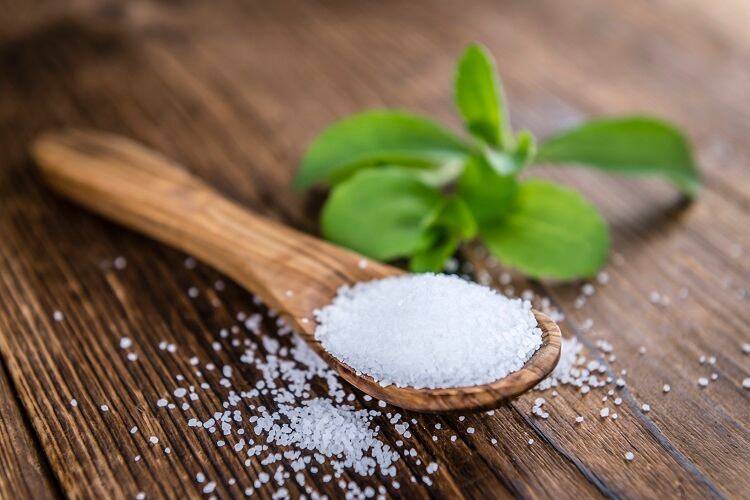
The draft guidance was criticised at the time by industry, including member associations the Calorie Control Council and International Sweeteners Association who stressed that high intensity sweeteners do not impact blood sugar levels or stimulate insulin production, and can help consumers reduce their calorie intake.
“Failing to recognise the role of low/no calorie sweeteners in sugar and energy reduction, and ultimately in weight management is a disservice to public health,” noted the ISA.
‘Low- and no-calorie sweeteners play a crucial role’
Nutri-Score’s negative scoring of NNS is problematic since ‘it is not aligned with existing scientific research’, according to UNESDA Soft Drinks Europe director general Nicholas Hodac.
The DG does believe the presence of NNS should hinder Nutri-Score ratings because ‘sweeteners can encourage a sweet taste’. “There is no clear evidence demonstrating that exposure to sweetness via a specific food or drink increases preference for sweet foods and beverages in general.”
The trade association also points out that the WHO has suggested the use of low- and no-calorie sweeteners tend to reduce, rather than increase, people’s consumption of sugar. “This evidence suggests that low- and no-calorie sweeteners have a crucial role in supporting public health objectives by helping consumers reduce their overall intake of sugars and calories,” noted UNESDA.
According to the member association, NNS are ‘one of the most’ effective ways in which sugar and calorie content can be reduced or virtually eliminated in soft drinks.
“UNESDA is therefore very concerned that this apparent lack of public support for sweeteners could jeopardise the soft drink sector’s ability to make further progress on sugar reduction and reformulation to offer an even wider choice of no- and lower-calorie options for consumers.”
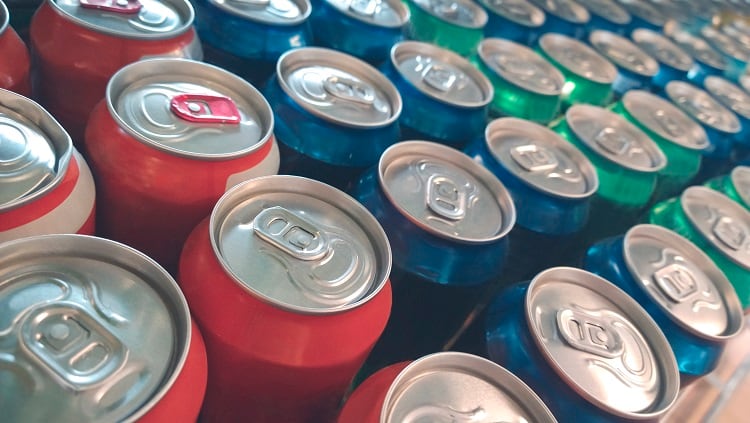
But Serge Hercberg, professor of nutrition at the Université of Sorbonne Paris Nord's Faculty of Medicine (whose work formed the basis of the original Nutri-Score), suggests the soft drinks industry is predominantly working to defend its own interest. The Scientific Committee in charge of Nutri-Score has 'of course' reviewed the scientific literature concerning NNS to justify the algorithm update, he told FoodNavigator.
"The experts work independently of economic sectors. They make their decisions only based on science. Sometimes this does not appeal to industrialists," we were told. "But scientists are not there to please industrialists or anyone else. They are there to make recommendations based on collective expertise relying on science for the benefit of consumers and public health."
As scientific research continues into the impact of sugar and sweeteners on consumer health, research into the sustainability credentials of both is on the up.
Research conducted as part of SWEET, a European Commission Horizon 2020 funded project supported by pan-European research, consumer, and industry partners, is working to develop and review evidence on long-term benefits and potential risks involved in switching over to sweeteners and sweetness enhancers.
Fresh findings, published earlier this year, suggest stevia is sweeter news for planetary health than cane and beet sugar: production of steviol glycosides extracted from stevia grown in Europe produces just 10% of the greenhouse gas emissions associated with sugar production, according to a life cycle assessment.


